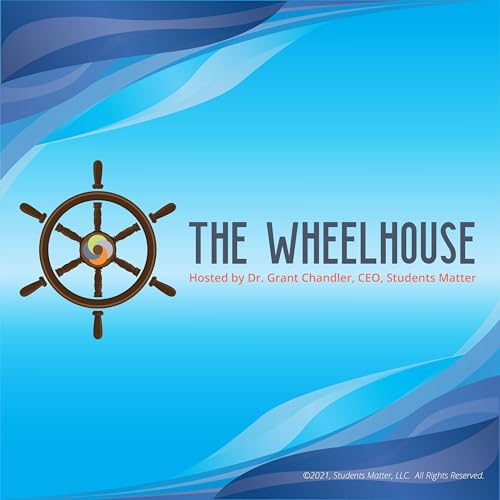The salient point of today's discourse revolves around the concept of the belief gap, a critical theme we explore with our esteemed guest, Dr. Franklin CampbellJones. This episode delves into the intricate relationships between identity, belief, and the educational environments we cultivate. Dr. CampbellJones, a distinguished educator with over five decades of experience, invites us to reflect upon how our beliefs shape our interactions within the classroom and influence the dignity and agency of every student. He posits that the future of education hinges upon a radical humanization of our schools, wherein hope is nurtured, and every learner is afforded the opportunity to thrive. Thus, we engage in a profound examination of how we, as educators and leaders, must embody the principles of equity and humanity to create inclusive learning spaces that honor the unique identities of all students.
Additional Notes
The dialogue with Dr. Franklin CampbellJones illuminates the concept of the belief gap, a critical barrier to educational equity and inclusivity. Dr. CampbellJones, a luminary in educational leadership, articulates the necessity for educators to confront their own biases and beliefs in order to foster environments where every student feels valued and recognized. He asserts that the act of teaching transcends mere pedagogy; it is a profound exchange of identities, where educators must bring their authentic selves into the classroom. The episode challenges listeners to interrogate their perceptions of students and to cultivate a culture of hope and possibility. The conversation further delves into the imperative of humanizing education, constructing a future where all students can thrive, thereby dismantling the transactional nature of traditional schooling systems. Dr. CampbellJones emphasizes that by nurturing hope and ensuring access to opportunities, educators can enable students to pursue their dreams, thus redefining the future of education as one rooted in humanity.
Takeaways:
- In our exploration of the belief gap, we engage with the profound notion of self-discovery within educational contexts.
- Dr. Franklin CampbellJones emphasizes the urgent necessity of humanizing educational environments for student success.
- The cultivation of hope and opportunity in schools is paramount for fostering innovative and inclusive learning spaces.
- We must interrogate our own beliefs to better connect with the students we serve and support.
- Future-ready schools must prioritize dignity, agency, and belonging for every learner in the educational system.
- The conversation underscores the importance of understanding our own identities as educators to enhance our effectiveness in the classroom.
Join The Wheelhouse Company!
If you’re a like-minded educator who believes the future of learning must stay human-centered, we’d love for you to stay connected.
Follow Students Matter, LLC on Instagram or LinkedIn — or find any of us there: Kathy Mohney, Michael Pipa, Dr. Alicia Monroe, and me, Dr. Grant Chandler.
And we’re thrilled to invite you to step inside The Wheelhouse: Below Deck at Learn Harbor — our new online space where these conversations come to life.
It’s more than a platform — it’s a community.
A free, curated, safe harbor for educators, leaders, and thinkers who want to reflect, connect, and take action together.
Inside Below Deck, you’ll find our special segment: The Wheelhouse: All Hands on Deck, extended content from today’s episode —where purpose meets possibility and learning stays joyful, collaborative, and deeply human.
Join us at LearnHarbor.thinkific.com and become part of this growing movement to build Future Ready Schools — where...
 Dec 23 202537 mins
Dec 23 202537 mins 30 mins
30 mins 31 mins
31 mins 47 mins
47 mins 41 mins
41 mins 48 mins
48 mins 44 mins
44 mins 41 mins
41 mins
